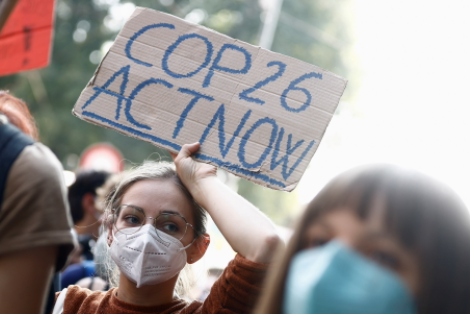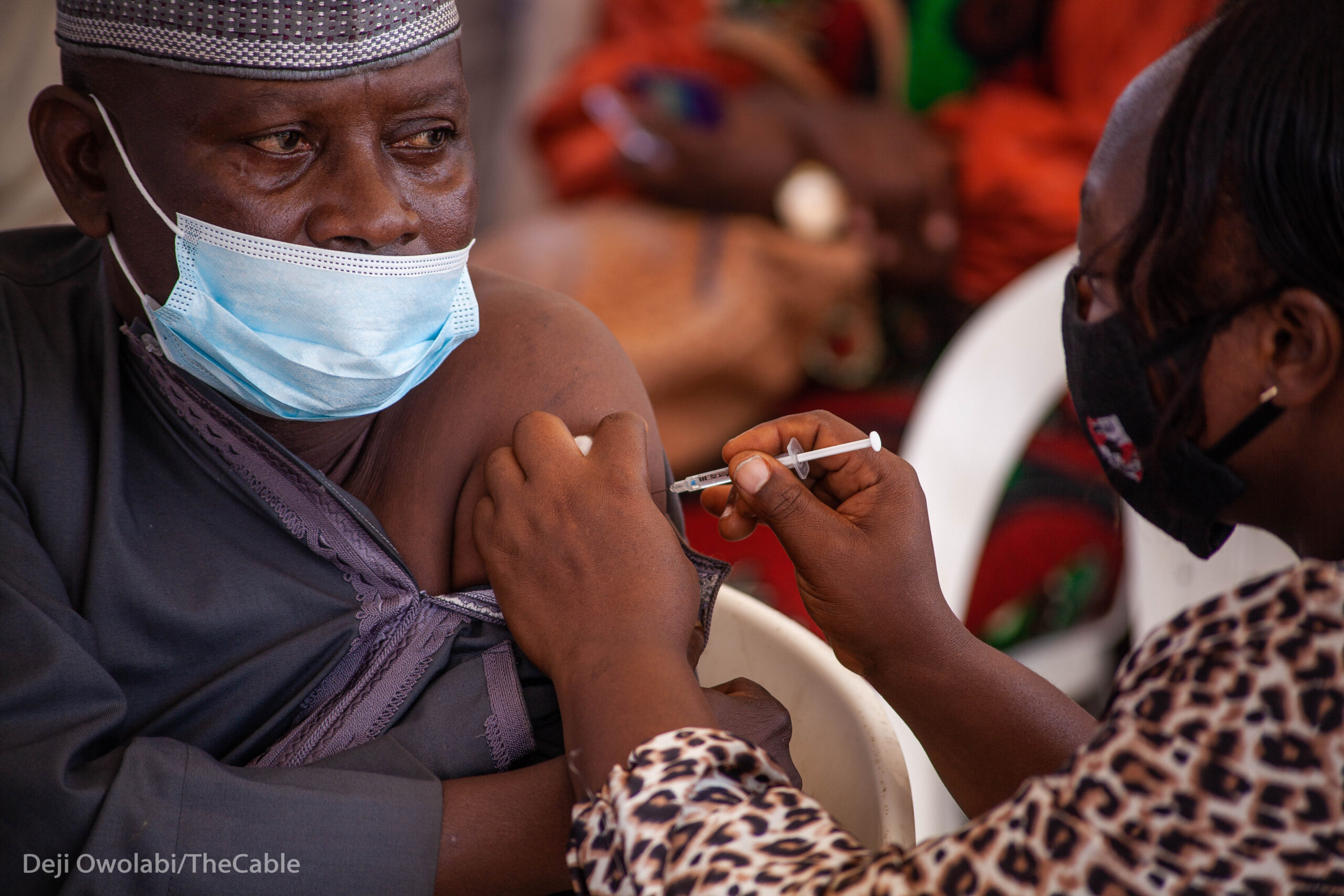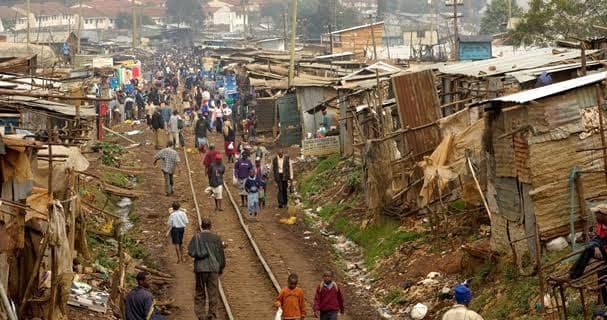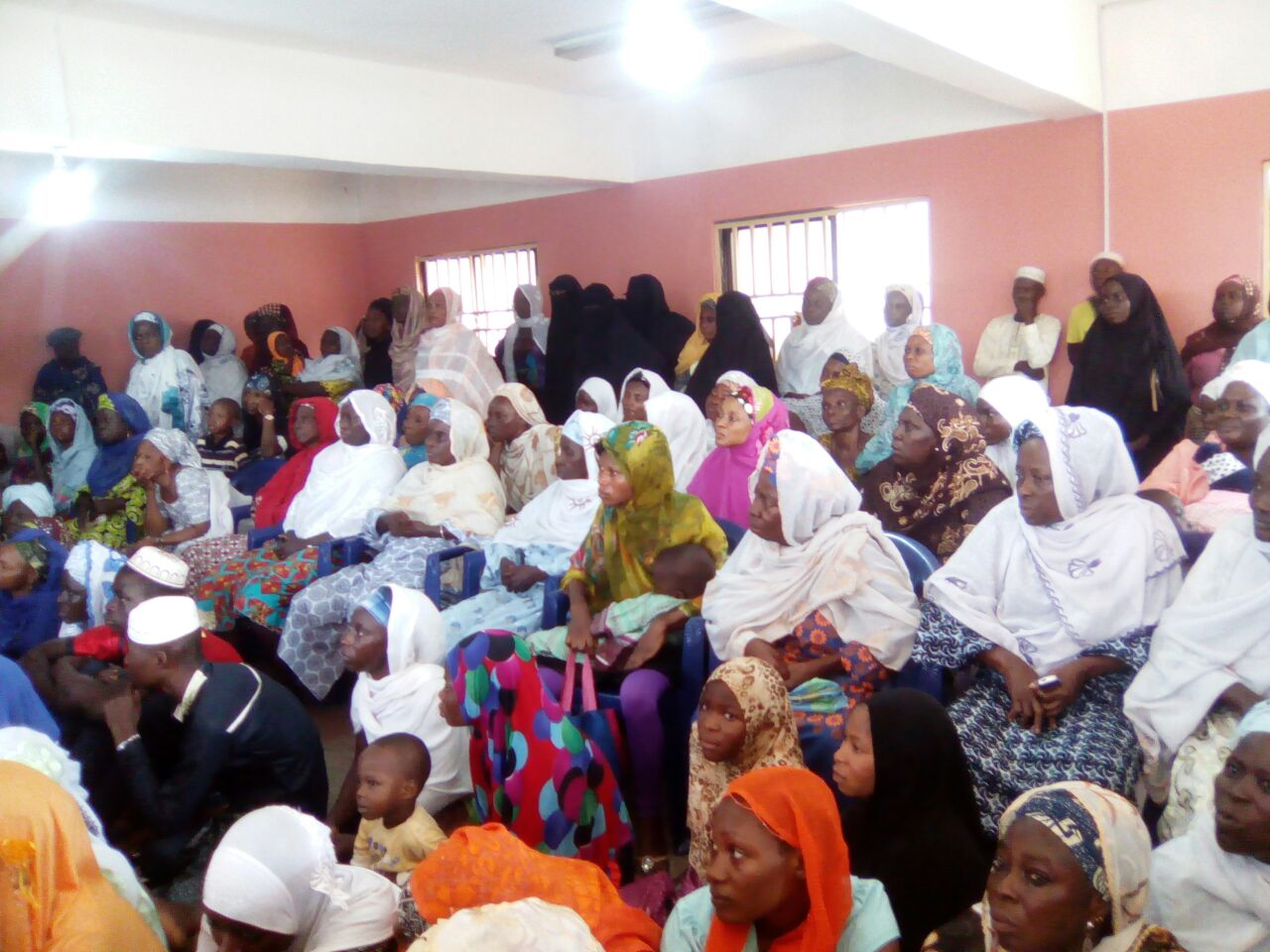BY MARTINS EKE
The 26th session of the Conference of Parties (COP 26) to the United Nations Framework Convention on Climate Change (UNFCCC) ended in November 2021 in Glasgow, United Kingdom, with the production of the ‘Glasgow Climate Pact’ as the outcome of the conference. Nigeria and other countries that attended the conference are expected to take steps to ensure climate-responsive economic growth and development. No country on earth is 100% self-sufficient, hence countries must collaborate with one another in implementing the Glasgow Climate Pact. Even the letters of the Glasgow Climate Pact recognise collaboration as one of its themes. The Centre for Social Justice (CSJ) and other civil society organisations that attended COP 26 in the United Kingdom, therefore, call on all stakeholders to work together to ensure that the Glasgow Climate Pact is implemented.
The Glasgow Climate Pact recognised the importance of international collaboration on innovative climate action, including technological advancement, across all actors of society, sectors and regions, in contributing to progress towards the objective of the United Nations Framework Convention on Climate Change (UNFCCC) and the goals of the Paris Agreement. It recognised the important role of non-governmental stakeholders, including civil society, indigenous peoples, local communities, youth, children, local and regional governments and other stakeholders, in contributing to progress towards the objective of UNFCCC and the goals of the Paris Agreement. It welcomed the improvement of the Marrakech Partnership for Global Climate Action for enhancing ambition, the leadership and actions of the high-level champions, and the work of the secretariat on the non-state actor zone for climate action platform to support accountability and track the progress of voluntary initiatives. It welcomed the high-level communiqué on the regional climate weeks and encouraged the continuation of regional climate weeks where governmental and non-governmental stakeholders can strengthen their credible and durable response to climate change at the regional level. It welcomed the informal summary reports by the chair of the Subsidiary Body for Scientific and Technological Advice on the ocean and climate change dialogue to consider how to strengthen adaptation and mitigation action and on the dialogue on the relationship between land and climate change adaptation-related matters. It invited the relevant work programmes and constituted bodies under the UNFCCC to consider how to integrate and strengthen ocean-based action in their existing mandates and work plans and to report on these activities within the existing reporting processes, as appropriate.
The Glasgow Climate Pact invited the chair of the Subsidiary Body for Scientific and Technological Advice to hold an annual dialogue, starting at the 56th session of the Subsidiary Body for Scientific and Technological Advice (June 2022), to strengthen ocean-based action and to prepare an informal summary report thereon and make it available to the Conference of the Parties at its subsequent session. It urged countries to swiftly begin implementing the Glasgow work programme on Action for Climate Empowerment, respecting, promoting and considering their respective obligations on human rights, as well as gender equality and empowerment of women. It expressed appreciation for the outcomes of the 16th Conference of Youth, organized by the constituency of children and youth non-governmental organizations and held in Glasgow in October 2021, and the Youth4Climate2021: Driving Ambition event hosted by Italy in Milan, Italy, in September 2021. It urged governments and stakeholders to ensure meaningful youth participation and representation in multilateral, national and local decision-making processes, including under the UNFCCC and the Paris Agreement. It emphasized the important role of indigenous peoples and local communities’ culture and knowledge in effective action on climate change and urged governments to actively involve indigenous peoples and local communities in designing and implementing climate action and to engage with the second three-year work plan for implementing the functions of the local communities and indigenous peoples platform for 2022–2024. It recognised the important role the observer organizations play, including the nine non-governmental organization constituencies, in sharing their knowledge, and their calls to see ambitious action to meet the objectives of UNFCCC and collaborating with governments to that end. It encouraged governments to increase the full, meaningful and equal participation of women in climate action and to ensure gender-responsive implementation and means of implementation, which are vital for raising ambition and achieving climate goals.
Advertisement
Apart from collaboration, another key theme of the Glasgow Climate Pact is finance, technology transfer and capacity-building for mitigation and adaptation. The Glasgow Climate Pact urged developed countries to provide enhanced support, including through financial resources, technology transfer and capacity-building, to assist developing countries with respect to both mitigation and adaptation, in continuation of their existing obligations under the UNFCCC. It welcomed the fourth biennial assessment and overview of climate finance flows by the standing committee on finance. It emphasised the need to mobilize climate finance from all sources to reach the level needed to achieve the goals of the Paris Agreement, including significantly increasing support for developing countries, beyond $100 billion per year. It urged the operating entities of the financial mechanism, multilateral development banks and other financial institutions to further scale up investments in climate action, and called for a continued increase in the scale and effectiveness of climate finance from all sources globally, including grants and other highly concessional forms of finance.
Eke is a programme manager at the Centre for Social Justice. He can be reached on 08035066196
Advertisement
Views expressed by contributors are strictly personal and not of TheCable.
Add a comment






